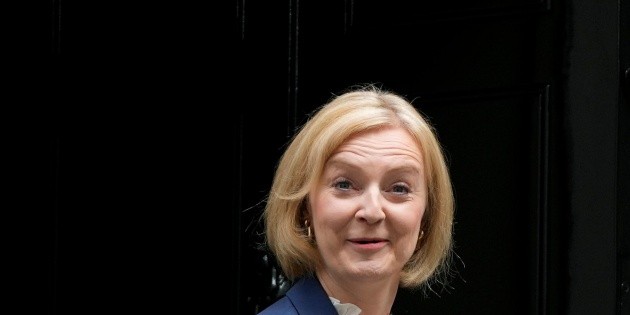Less than two months after reaching the expensive, this Thursday the British Prime Minister, Liz Truss, announced her resignation as leader of the Conservative Party and will leave the head of the Government as soon as her successor is chosen in an internal election next week.
“I recognize that, given the situation, I cannot fulfill the mandate for which I was elected by the Conservative Party. I have spoken with His Majesty the King to tell him that I am resigning as leader of the Conservative Party,” she said in a brief message outside his residence in Downing Street.
Truss explained that this morning she met with the president of the 1922 Committee, which brings together “Tory” deputies without portfolio, Graham Brady, and both agreed that the internal election to name a successor be held “next week.”
Until then, the prime minister will remain in office, he said.
Truss opened her statement with a reference to the “moment of great economic and international instability” in which she came to office, which she assumed on September 6 after winning her party’s primaries.
“We have offered results in energy bills and lowering the social contribution. We have proposed a vision for a low-tax, high-growth economy that would take advantage of the freedoms of Brexit,” Truss considered, before acknowledging that in the current situation she will not be able to meet her objectives.
In the last few hours, the number of conservative deputies calling for her resignation had skyrocketed which made her continuity at the head of the Executive practically unsustainable.
Truss was on a tightrope since last September 23, the presentation of his fiscal plan, with a massive tax cut, had sowed chaos in the markets and aroused mistrust in the British economy.

